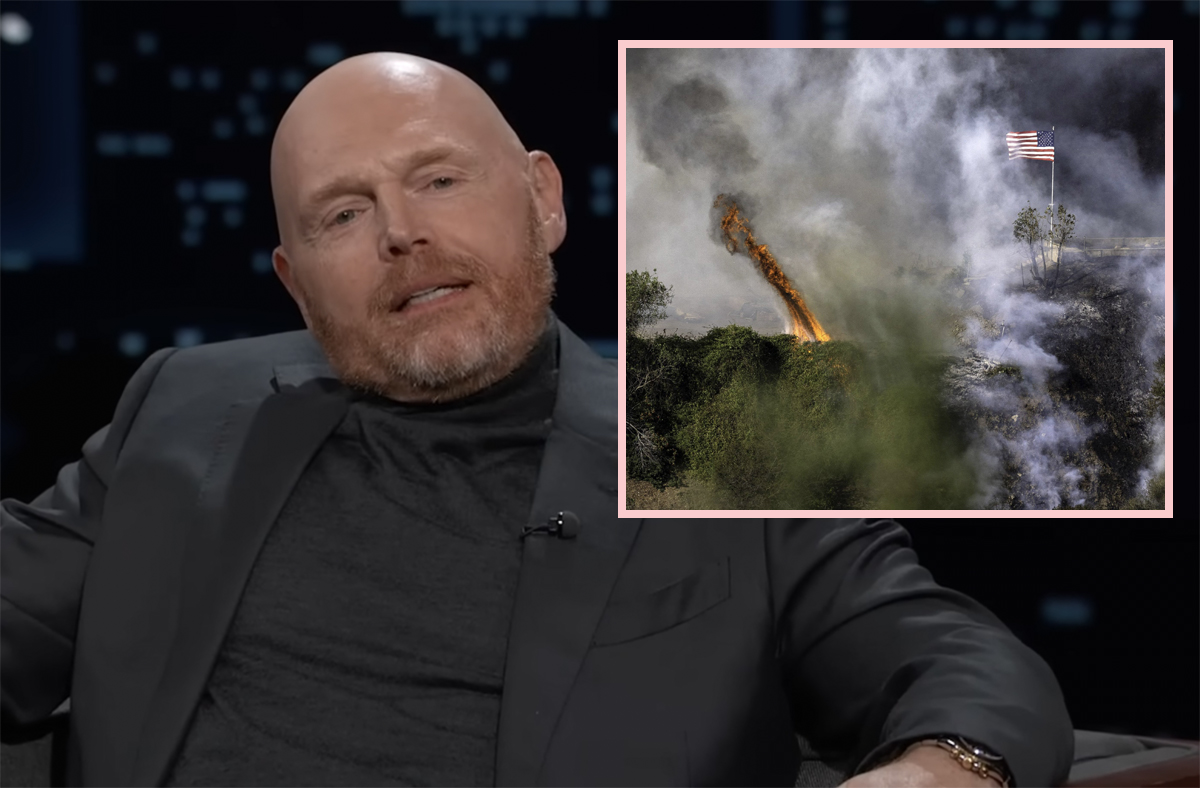Unlock the Editor’s Digest for free
Roula Khalaf, Editor of the FT, selects her favourite stories in this weekly newsletter.
Italy’s new central bank chief has said the time for cutting interest rates is “fast approaching” and dismissed fears of a fresh inflationary spiral, in the latest sign that pressure is mounting to loosen eurozone monetary policy.
Fabio Panetta, who became head of the Banca d’Italia in November, said inflation in the euro area was falling faster than expected, challenges were intensifying for Europe’s already stagnant economy and recent data “clearly point to ongoing disinflation”.
“Fears that inflation would stop falling after the initial rapid decline — the ‘last mile problem’ — now appear unwarranted: inflation is falling at the same rate or faster than it has risen,” Panetta said in a speech on Saturday.
He added that after the eurozone economy stagnated for five quarters, with the region’s industrial sector “in recession” and bank lending slowing, “disinflation is at an advanced stage and progress towards the 2 per cent target [for inflation] continues to be rapid”.
“The time for a reversal of the monetary policy stance is fast approaching,” added Panetta, one of the most dovish voices on the European Central Bank’s rate-setting governing council.
Eurozone inflation has declined rapidly from its record high of 10.6 per cent in October 2022, after a surge in energy and food prices faded. In January, annual price growth in the bloc was 2.8 per cent, close to the ECB’s target of 2 per cent.
Investors are betting the ECB will start cutting borrowing costs as early as April. But the likelihood of that receded last week after other rate-setters warned there were still risks of fresh pressure on prices.
Isabel Schnabel, an ECB executive board member, told the Financial Times: “We must be patient and cautious because we know, also from historical experience, that inflation can flare up again.”
ECB chief economist Philip Lane said in a speech that recent data suggest disinflation “may run faster than previously expected”. But he also warned price pressures were expected to pick up as energy inflation stabilises, labour costs rise, demand recovers, and government support measures end.
He said: “We need to be further along in the disinflation process before we can be sufficiently confident that inflation will hit the target.”
Panetta dismissed fears that rapid wage growth — as workers try to recover the purchasing power they lost in the biggest surge of the cost of living for a generation — could cause a major rebound in inflation.
He pointed out that labour accounts for less than 40 per cent of total costs for the average eurozone company and any increase was likely to be offset by falling prices of intermediate goods and energy.
“A hypothetical increase in wage growth is currently highly unlikely to trigger a wage-price spiral,” he said.


























































![Mason Ramsey – Twang [Official Music Video] Mason Ramsey – Twang [Official Music Video]](https://i.ytimg.com/vi/xwe8F_AhLY0/maxresdefault.jpg)


















